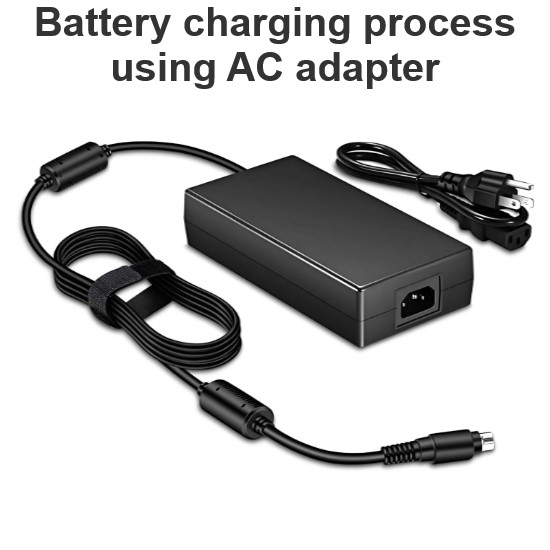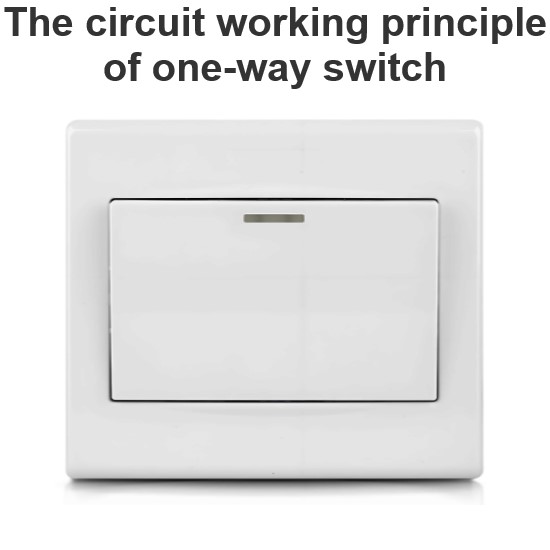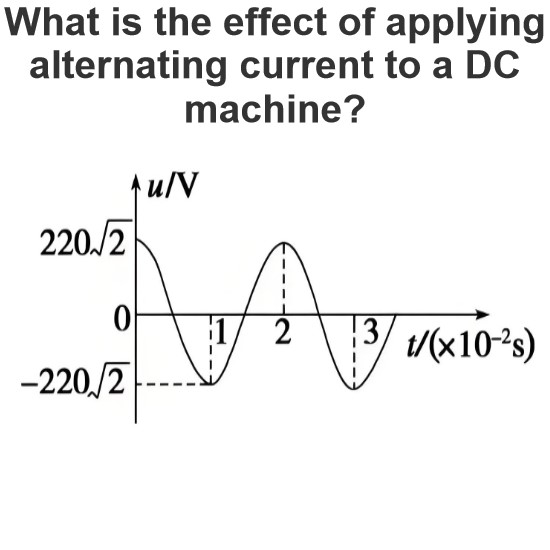What is Capacitor Bank?
What is Capacitor Bank?
Capacitor Bank Definition
A capacitor bank is a collection of multiple capacitors used to store electrical energy and enhance the functionality of electrical power systems.
Power Factor Correction
Power factor correction involves adjusting the capacitor bank to optimize the use of electricity, thereby improving the efficiency and reducing costs.
Capacitor Bank Classification
Shunt Capacitor Banks
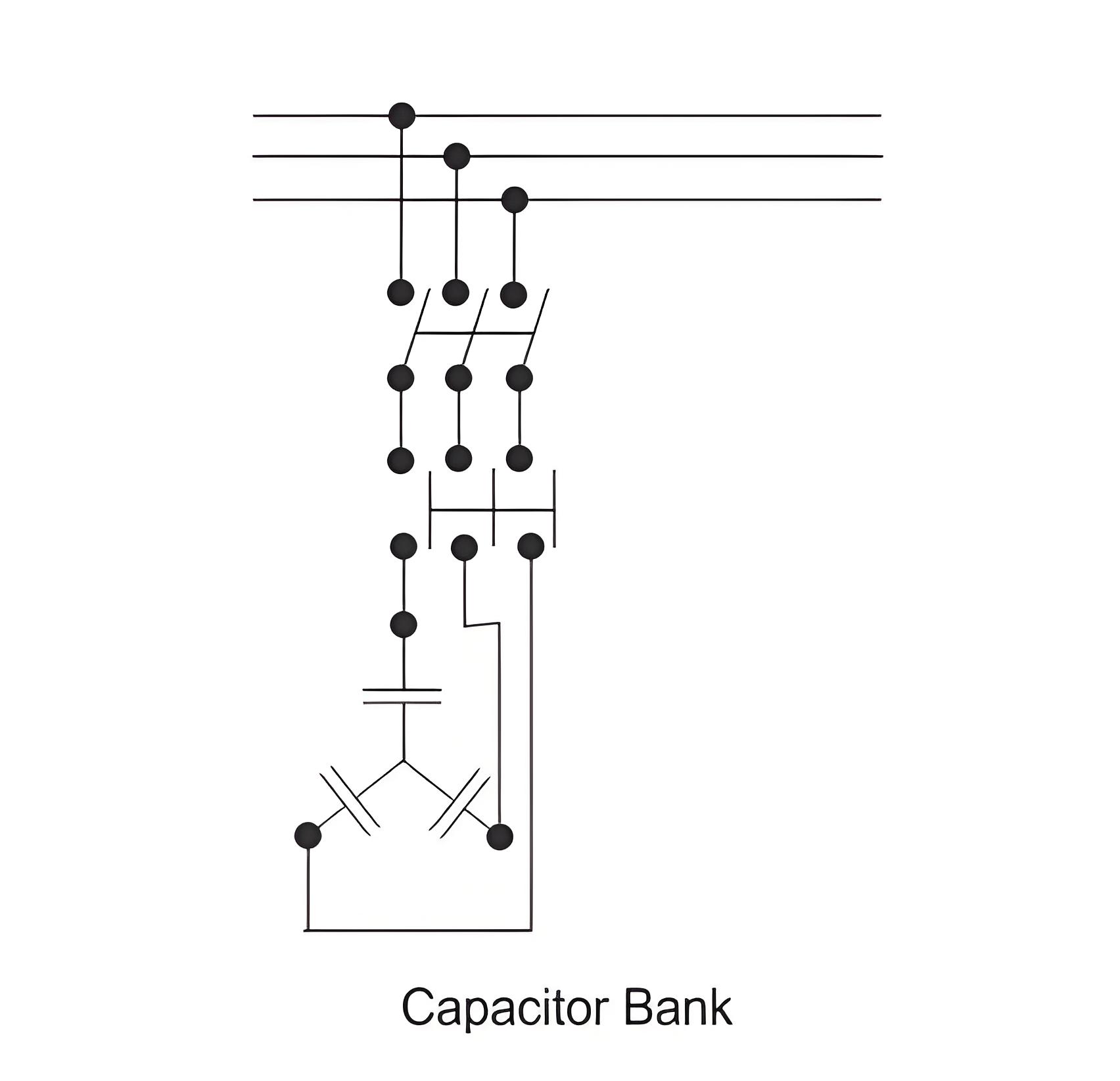
Advantages
Simple, cheap, and easy to install and maintain.
Provide more flexibility and accuracy in reactive power control.
Improve voltage stability
Disadvantages
Cause overvoltage or resonance problems
May introduce harmonics
May not be effective for long transmission lines
Series Capacitor Banks
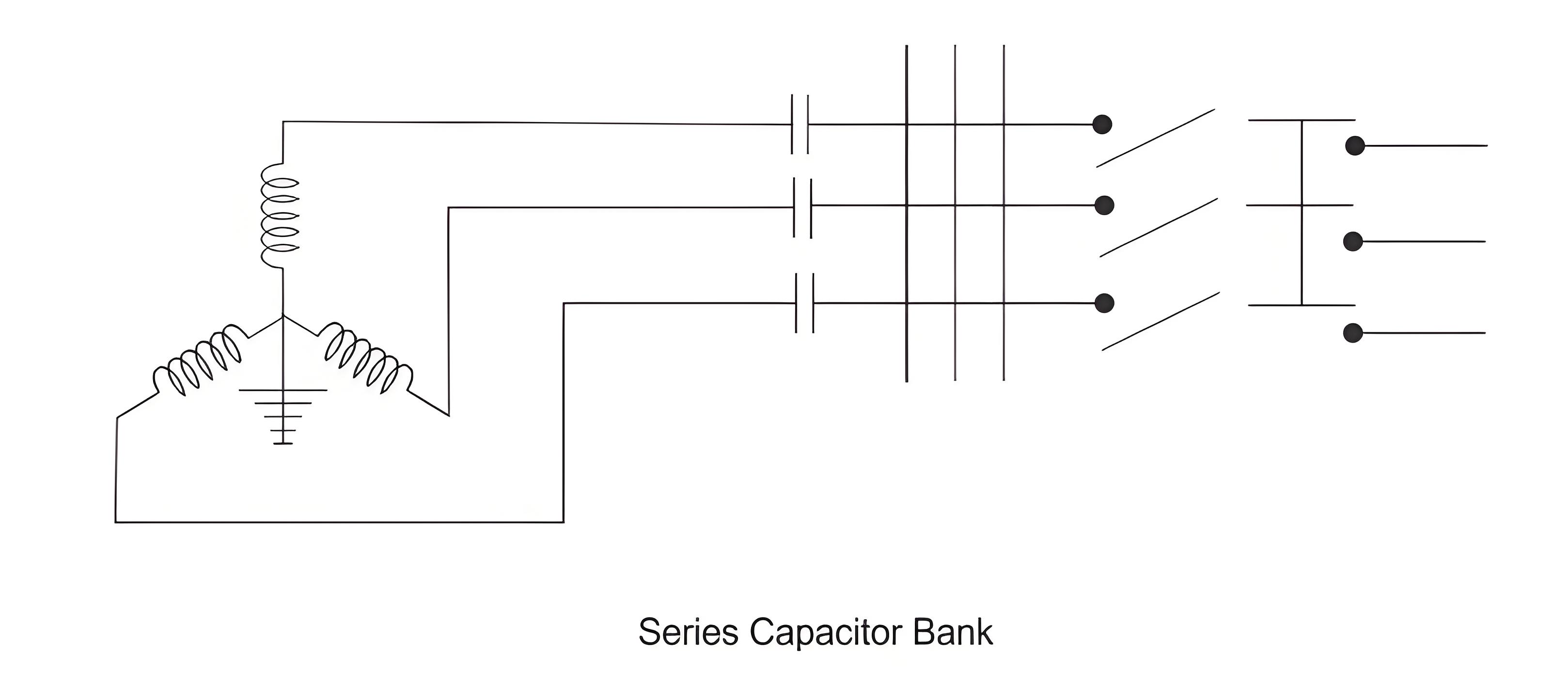
Advantages
Power transfer efficiency
Reduce the short-circuit current
Improve the transient response
Disadvantages
May cause overvoltage
May introduce harmonics
May not be effective for low voltage
Benefits of Using Capacitor Banks
Employing capacitor banks leads to improved power efficiency, reduced utility charges, and enhanced voltage.
The Electricity Encyclopedia is dedicated to accelerating the dissemination and application of electricity knowledge and adding impetus to the development and innovation of the electricity industry.

